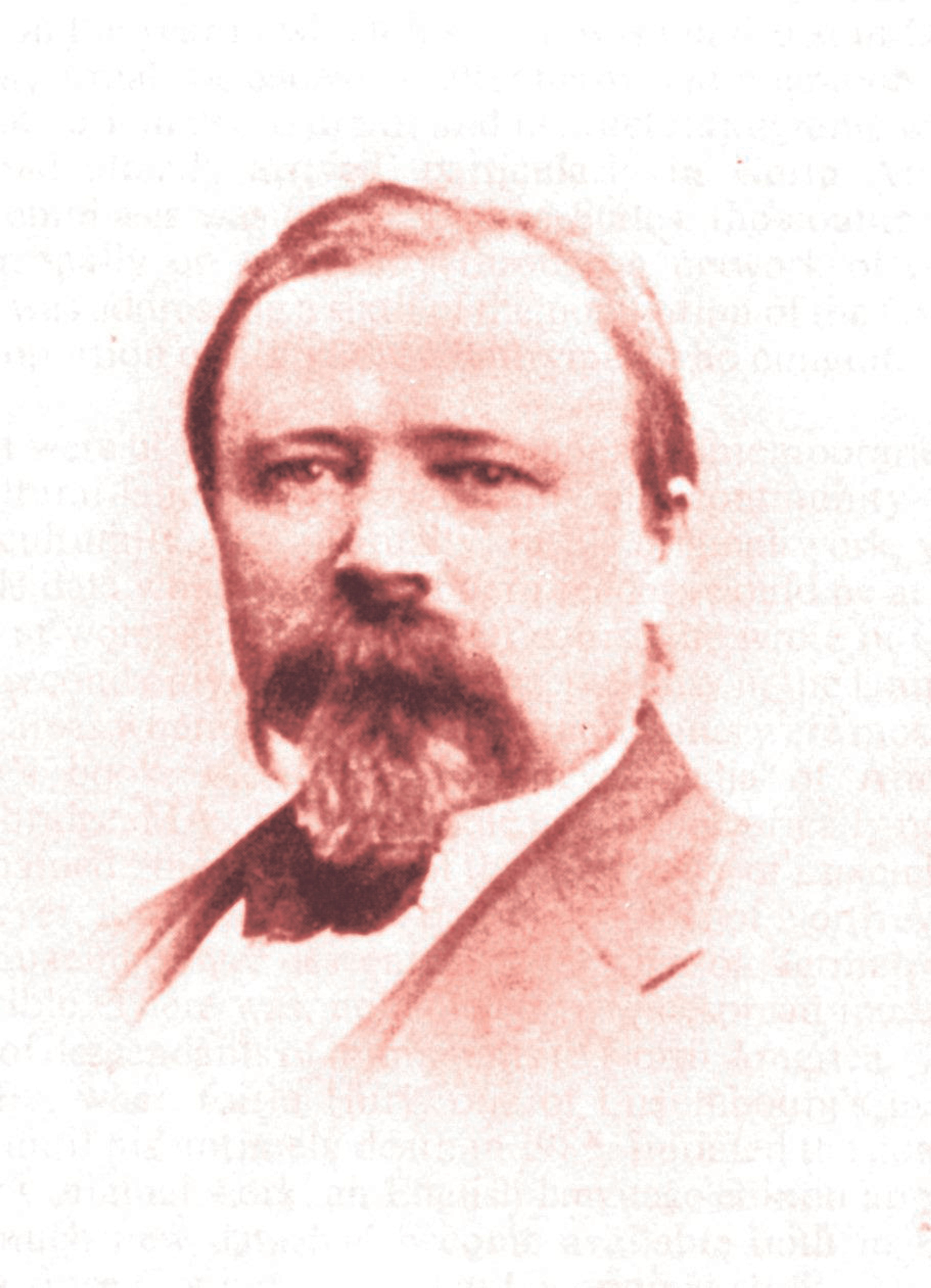Aug. 11:
1929, Babe Ruth became the first baseball player to reach 500 career home runs with a homer at Cleveland’s League Park.
1972, the last U.S. ground combat troops in South Vietnam left to return to the United States.
1997, President Bill Clinton made the first use of the historic line-item veto, rejecting three items in spending and tax bills. (The U.S. Supreme Court later struck down the veto as unconstitutional.)
2014, Academy Award-winning actor and comedian Robin Williams died in Tiburon, California at age 63.
Aug. 12:
1867, President Andrew Johnson sparked a move to impeach him as he defied Congress by suspending Secretary of War Edwin M. Stanton, with whom he had clashed over Reconstruction policies. (Johnson was acquitted by the Senate.)
1944, during World War II, Joseph P. Kennedy Jr., eldest son of Joseph and Rose Fitzgerald Kennedy, was killed with his co-pilot when their explosives-laden Navy plane blew up over England.
2000, the Russian nuclear submarine Kursk and its 118-man crew were lost during naval exercises in the Barents Sea.
2017, a driver sped into a crowd of people peacefully protesting a white nationalist rally in the Virginia college town of Charlottesville, killing 32-year-old Heather Heyer and injuring more than a dozen others. (The attacker, James Alex Fields, was sentenced to life in prison on 29 federal hate crime charges, and life plus 419 years on state charges.)
Aug. 13:
1889, William Gray of Hartford, Connecticut, received a patent for the first coin-operated telephone.
1918, Opha May Johnson became the first woman to join the U.S. Marine Corps.
1961, on what would become known as Barbed Wire Sunday, East Germany sealed the border between Berlin’s eastern and western sectors before building a wall that would divide the city for the next 28 years.
2020, in an interview on Fox Business Network, President Donald Trump acknowledged that he was starving the U.S. Postal Service of money in order to make it harder to process an expected surge of mail-in ballots.
Aug. 14:
1935, President Franklin D. Roosevelt signed the Social Security Act into law, ensuring income for elderly Americans and creating a federal unemployment insurance program.
1945, President Harry S. Truman announced that Imperial Japan had surrendered unconditionally, ending World War II.
1995, Shannon Faulkner officially became the first female cadet in the history of The Citadel, South Carolina’s state military college. (However, Faulkner quit the school less than a week later, citing the stress of her court fight, and her isolation among the male cadets.)
2016, Usain Bolt became the first athlete to win the 100m dash in three consecutive Olympics, taking gold at the Summer Games in Rio.
Aug. 15:
1914, the Panama Canal officially opened as the SS Ancon crossed the just-completed waterway between the Pacific and Atlantic oceans.
1961, as workers began constructing a Berlin Wall made of concrete, East German soldier Conrad Schumann leapt to freedom over a tangle of barbed wire.
1969, the Woodstock Music and Art Fair opened in upstate New York; more than 460,000 people attended the three-day festival, which would become a watershed event in American music and culture.
2021, the Taliban regained control of the Afghan capital of Kabul after the withdrawal of U.S. forces from the country.
Aug. 16:
1777, American forces won the Battle of Bennington in what was considered a turning point of the Revolutionary War.
1948, baseball legend Babe Ruth died in New York at age 53.
1977, Elvis Presley died at his Graceland estate in Memphis, Tennessee at the age of 42; forty-one years later, in 2018, singer Aretha Franklin, known as the “Queen of Soul,” died in Detroit at the age of 76.
2014, Missouri Gov. Jay Nixon declared a state of emergency and imposed a curfew in the St. Louis suburb of Ferguson, where police and protesters repeatedly clashed in the week since a Black 18-year-old, Michael Brown, was shot to death by a white police officer.
Aug. 17:
1863, federal batteries and ships began bombarding Fort Sumter in Charleston harbor during the Civil War, but the Confederates managed to hold on despite several days of shelling.
1915, a mob in Cobb County, Georgia, lynched Jewish businessman Leo Frank, 31, whose death sentence for the murder of 13-year-old Mary Phagan had been commuted to life imprisonment. (Frank, who’d maintained his innocence, was pardoned by the state of Georgia in 1986.)
1998, President Bill Clinton gave grand jury testimony via closed-circuit television from the White House concerning his relationship with Monica Lewinsky; he then delivered a TV address in which he admitted his relationship with Lewinsky was “wrong” but denied previously committing perjury (Clinton was subsequently impeached by the House of Representatives, but acquitted in the Senate).
— Associated Press








